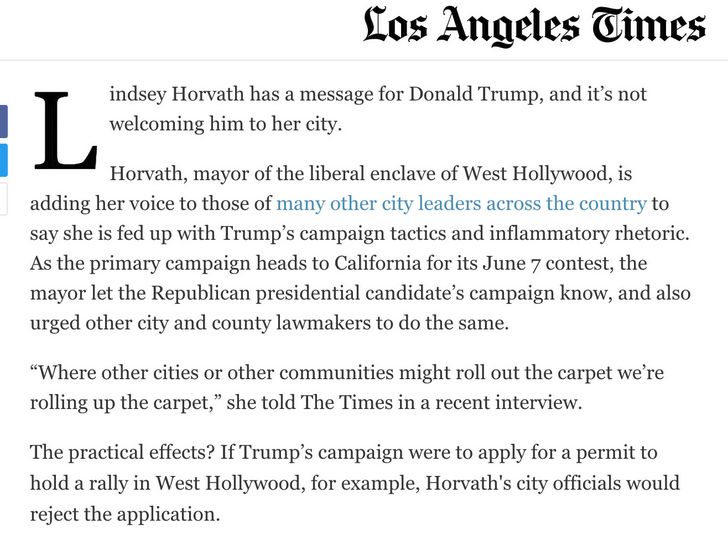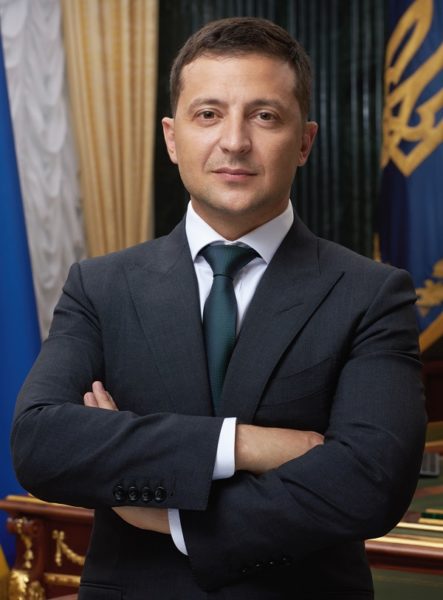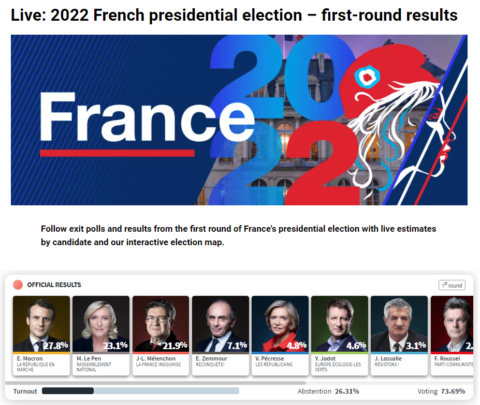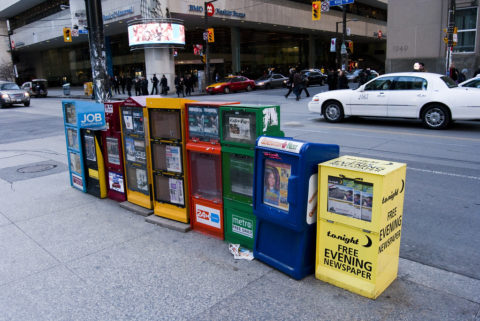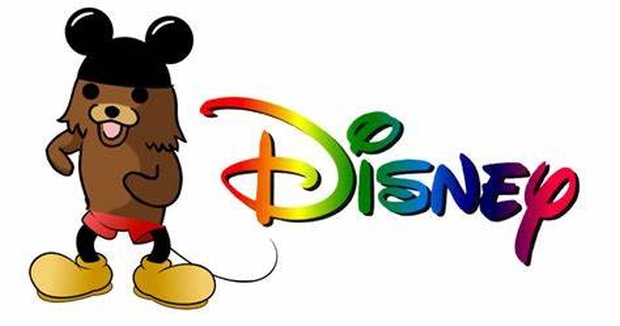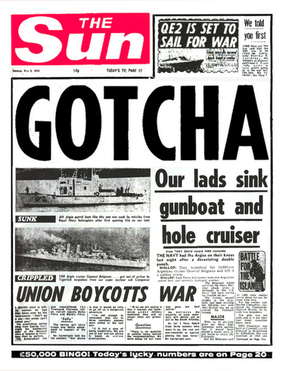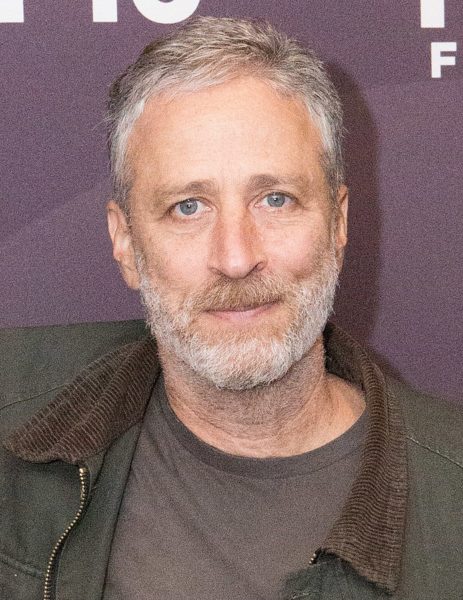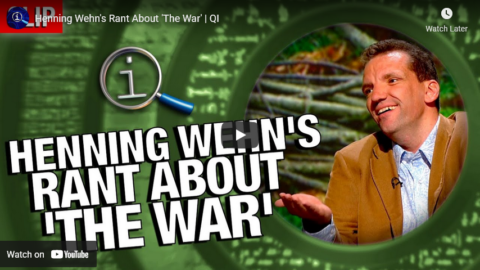In Spiked, Mary Dejevsky thinks that Vladimir Putin is very worried about losing control of the narrative:
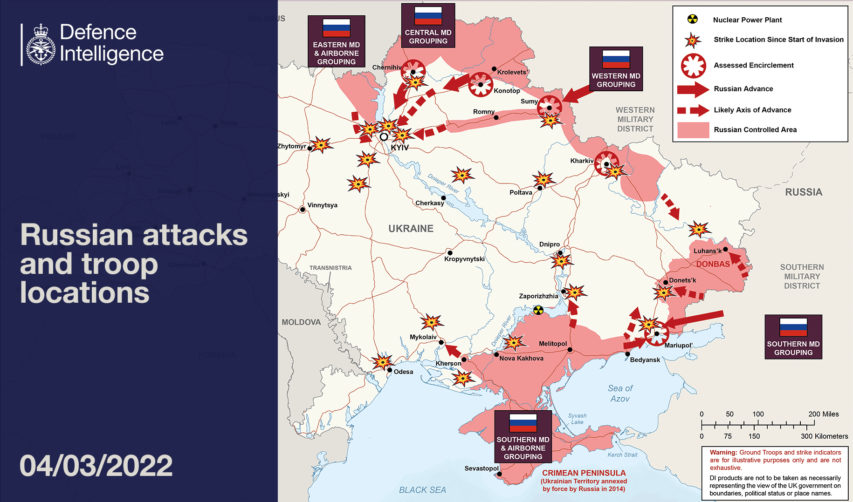
Two quite contradictory messages are emerging about the success, or otherwise, of the Kremlin’s efforts to control what Russians learn about the war in Ukraine. On the one hand, there is still, it appears, widespread ignorance about Russia’s actions, and disbelief about reports coming out of Ukraine. In other words, the official narrative prevails. But on the other hand, the imposition of an increasing number of media curbs, including on two independent domestic broadcasters and a slew of international news websites, suggests the authorities are running scared.
One of the most dispiriting but salutary accounts of Russian awareness came from the anonymous writer of a St Petersburg diary. He or she observed that most people, in what is Russia’s cosmopolitan second city, were simply not aware that a war was going on, let alone of its extent or that Russia had, in fact, invaded Ukraine.
Their ignorance, the writer said, was dictated by the largely monotone state media, which referred only to a “special military operation” that had been launched with the limited aims of “de-militarising” and “de-Nazifying” parts of Ukraine. Something similar emerged from a BBC report about Oleksandra, who lives in Kharkiv, Ukraine’s second-largest city, trying to explain to her disbelieving mother in Moscow that Kharkiv was under attack; and also from Mikhaylo in Kyiv who discovered that his father in Nizhny Novgorod was convinced that Russia was saving Ukrainians from Nazis.
The swingeing nature of media curbs being introduced in Russia over recent days, however, suggests at very least apprehension in the Kremlin that another version of the war is seeping through. Today a special session of the Russian Duma – Russia’s parliament – passed a new law designed to “prevent the discrediting of the armed forces of the Russian Federation during their operations to protect the interests of the Russian Federation and its citizens”. Offenders can be punished by up to 10 years in prison, and up to 15 years for distributing “false news” about the Russian army that leads to “severe consequences”.
Russia also started to block or severely restrict access to most international news sources, including the websites of the BBC and Germany’s Deutsche Welle.
Many, many pundits have ended up with egg on their faces for staunchly proclaiming that Vladimir Putin is too cautious and calculating to actually launch a full-on invasion of Ukraine, despite the drip-drip-drip of evidence beforehand that a military build-up was happening. Some have taken the hit and admitted the error while others ignore what they’d been saying only a couple of weeks ago. In The Critic, Phillips O’Brien points out that Putin’s long-standing admiration for leaders like Stalin has clearly become more than an inspiration for him and has become a model to emulate:
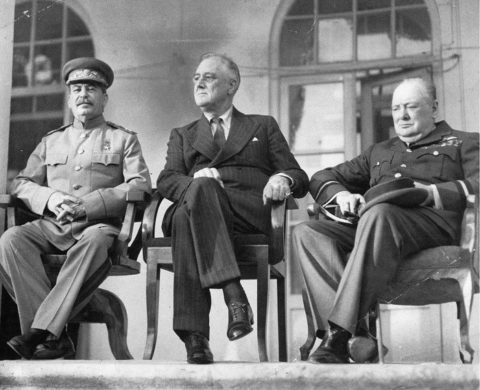
The “Big Three” meet at Tehran, 28 November-1 December, 1943.
Photo attributed to US Army photographer, via Wikimedia Commons.
Vladimir Putin fancies himself a great student of Russian history. He couched his justification for the invasion of Ukraine in a vision of Russia and the Soviet Union’s history that was paranoid, grandiose and incoherent, all at the same time. Ukraine needed to be subjugated by Russia because it was acting as a stalking horse for NATO and the West. At the same time, the West was declining and Russia had the strength to, in Putin’s mind, reincorporate Ukraine into its natural place within a Russian empire. Clearly, Putin has decided that this was the right moment to establish himself as one of the greatest Russian leaders of all time — an equal to Peter the Great, or Joseph Stalin.
As an obsessive student of Russian history, Putin has had an evolving view of Joseph Stalin over the years. Early in his authoritarian rule Putin kept Stalin somewhat at arm’s length, both praising and criticising Stalin’s record. More recently, as Putin has transitioned from autocrat to dictator, he has moved further and faster to identify himself with the greatest despot in Russian history. Stalin statues are now appearing in different places around the country, and respect for Stalin as a historical figure has risen strongly across Russia.
In the last few weeks, Putin has put this trend into overdrive and started behaving in a manner that apes Stalin almost perfectly. As Stalin in 1939 decided to invade the Soviet Union’s neighbour Finland, so has Putin today invaded his neighbour Ukraine. In both cases the decision for war was made by the dictator talking to a very small group of cronies, and in both cases the mass of the Russian people seemed indifferent or even hostile. Also, both invasions were disasters that revealed massive shortcomings in the Russian armed forces. In Stalin’s case, however, he was allowed time to rectify the problems, and his regime survived. It’s not clear that this will be the case for Putin.
The public meeting where Putin both embarrassed the other leaders in the Russian state security hierarchy, and forced them to publicly associate themselves with his decision to invade, was pure Stalin — if Stalin were alive today and could do it on television. As his rule became more bloody and despotic, Stalin increasingly forced his inner circle to endorse in writing his worst depredations, from signing the execution warrants of those slated for destruction, to publicly speaking in favour of policies that would force millions to starve. It both served his interest to humiliate his inner circle by reinforcing that they had to do his bidding no matter how onerous, and at the same time gave the impression to the outside world that his policies were strongly supported by the ruling circle. Putin is evidently doing the same, which is why he was so withering to the head of Russian intelligence, Sergey Naryshkin, when the latter seemed to waffle on the policy of recognizing the Russia puppet regimes in Donetsk and Luhansk.
A few days back, Theodore Dalrymple showed that there isn’t a Goldwater Rule when talking about Russian leaders:
When I watched Vladimir Putin, with what the Russians so graphically call his “tin eyes”, justify his invasion of Ukraine, I thought, as did many others, that he looked a little deranged. Denazification, indeed! Had he failed to appreciate that Ukraine, not noted throughout its history for its philo-Semitism, had elected a Jewish president, and that by a large majority, thereby suggesting a major cultural shift in the country?
It then occurred to me that Putin looked rather puffy in the face, and I wondered whether he could be taking steroids. These drugs are noted for their numerous side effects, not the least being psychological changes such as paranoia and elevation and depression of mood. Then there was the question, of course, as to why Putin would be taking them. Cancer, perhaps — a lymphoma? This brought to mind Evelyn Waugh’s somewhat uncharitable remark when Randolph Churchill underwent surgery for cancer: that it was characteristic of modern medicine to have removed the only part of him that was not malignant.
If Putin were taking steroids, his extreme and seemingly bizarre anxiety about contracting Covid-19 would be explained. Both the underlying condition of cancer itself and the drugs would have made him vulnerable to such anxiety, and the man who once liked to present himself as the Russian Crocodile Dundee, bare-chestedly wrestling bears and the like, has undergone a gestalt switch: invulnerability has been replaced by its opposite, unseen danger with every breath.
It is hazardous, however, to ascribe actions that we do not like to madness. This is for two reasons: first, the diagnosis may be wrong — the apparently mad may in fact be sane — and second, madness can have its own rationality. Indeed, the mad of strong character can often take others along with them: they can persuade others that their paranoid view of the world is correct. This is especially so when they possess levers of power over people of lesser character than themselves.
And finally, Ralph Berry offers a tiny bit of perspective on the almost universal condemnation heaped on the Russians for their use of artillery to attack Ukrainian targets with civilians nearby:
Of the real news, I select the serial bombing of Ukrainian targets by the Russians. Many civilians have been killed. This is presented as a war crime which must be pursued to the Hague. But the British have done it before. At the Normandy landings on D-Day, the plan was to take Caen on the first day. The landings on Juno beach were successful, but the following advance stalled and German resistance as so often made good the defences. As Anthony Beevor drily remarked, after noting that artillery was the arm on which the Allied commanders relied, “the French civilians, not surprisingly, felt that they did so to excess.” Caen did not fall, and Montomery changed the attack to bombing. This was merciless, and the French population suffered greatly. Not for six weeks were Caen and its environs controlled by the British and Canadians, by which time Caen was reduced to rubble. Some 3000 French civilians died during the bombing campaign. This fact should give pause to the widespread condemnation of what for the Russians is a regular practice of their system of warfare.



